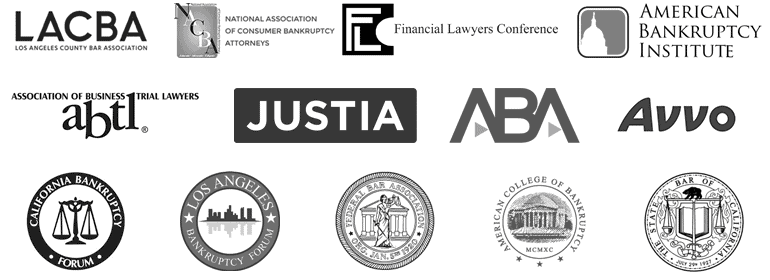A client went to an employment attorney wanting to file a civil suit against her former employer for discrimination. Even though her case was valid, unfortunately, no firm was able to help her. Why? Because during the workers’ compensation portion of her case, she had signed a settlement agreement that contained a “1542 waiver.”
She thought nothing of it because her workers compensation attorney told her to sign it. But by signing this 1542 waiver, she waived all rights to any future claims resulting from her situation, including a civil suit. There was nothing any employment attorney could do to help her.
This story is not uncommon, as many victims unknowingly sign away their right to further compensation.
What is a 1542 Waiver?
Section 1542 of the California Civil Code is designed to protect people from being denied the rights to claims they don’t yet know about. It states that a general release of future claims does not cover claims that the person does not know about when signing a release.
For example, if you are trying to collect workers compensation for an injury that occurred on the job, your employer’s insurance company may offer a settlement if you sign a Compromise & Release form. You’ll receive a lump sum settlement and release the company from future liabilities for your injury. But if at the time you signed the form, you didn’t know you could also bring a civil suit against that employer, Section 1542 could give you the ability to hire an employment attorney and still bring that lawsuit because you were not aware of that right during the workers’ compensation settlement talks.
However, there has recently been a trend of these release forms containing a 1542 waiver—if the employer suspects you may be considering a civil lawsuit as well. A 1542 waiver is a blanket waiver that, if signed, wipes out any future claims you could bring against a defendant, regardless of whether you knew you could. It is a waiver of not only the known injury and damages you suffered, but also the unknown and any future injury and damages. In the above example, signing the release form with the 1542 waiver meant the employee could no longer hire an employment attorney and bring a civil suit against the employer for her discrimination issue.
1542 and Wrongful Termination
Another example of when a 1542 waiver may hurt your chances to claim damages is for wrongful termination. If you are fired and your employer offers a severance package, they will almost universally ask you to sign a release form stating you cannot bring further legal action against the company. This form contains a 1542 waiver, and you will be required to sign it if you wish to collect the severance package. Once you sign it, you will not be able to sue the employer or anyone associated with them, even if you later discovered you were wrongfully terminated.
Anytime you are presented with a release form to sign, you and an attorney should read it very carefully. If you need to preserve future rights to claims, you should not sign the release. In many cases, your attorney can negotiate to have waiver language deleted from a release form.
Before you sign any release form, contact our employment attorney here for a free consultation.

